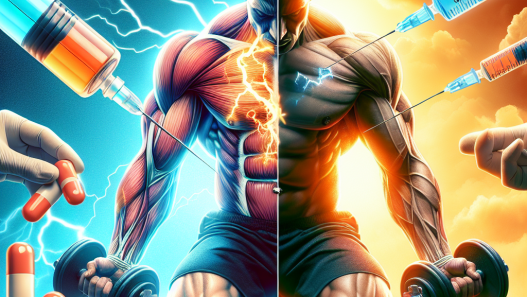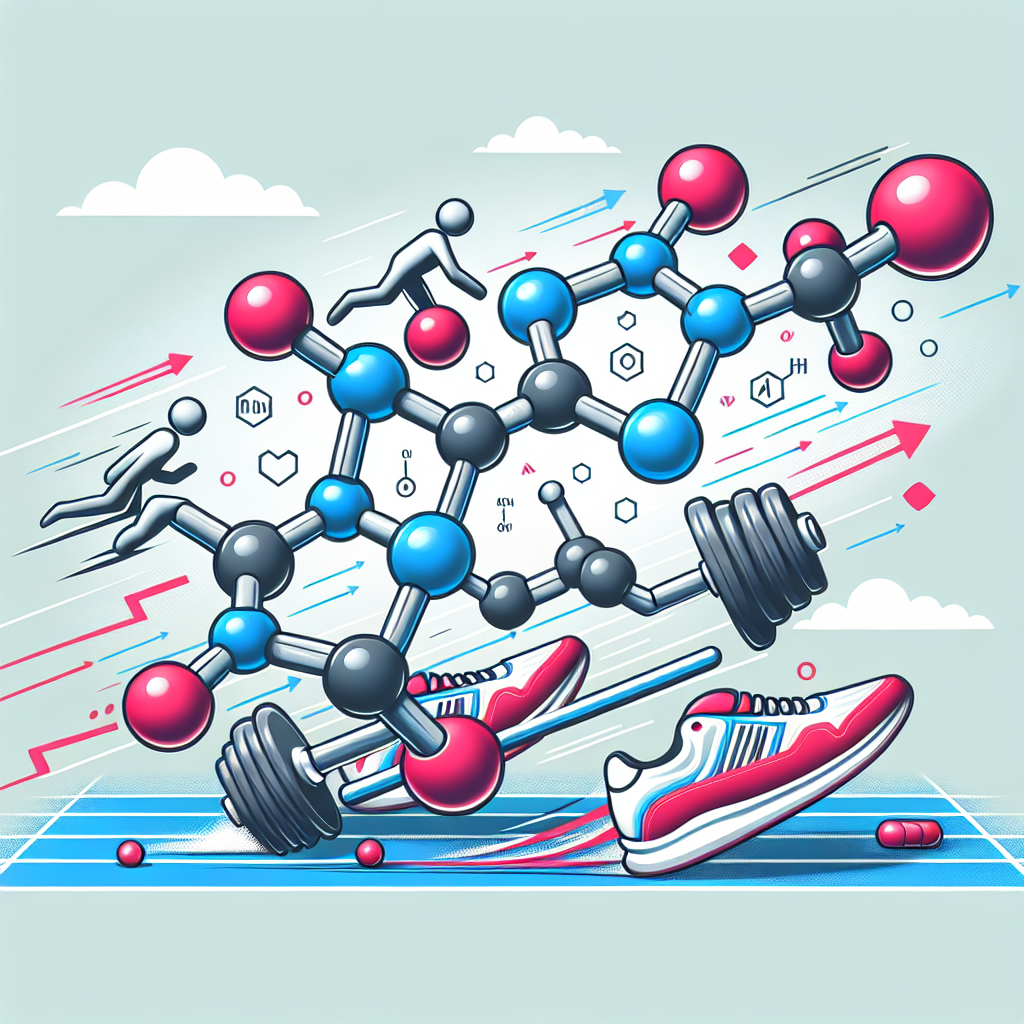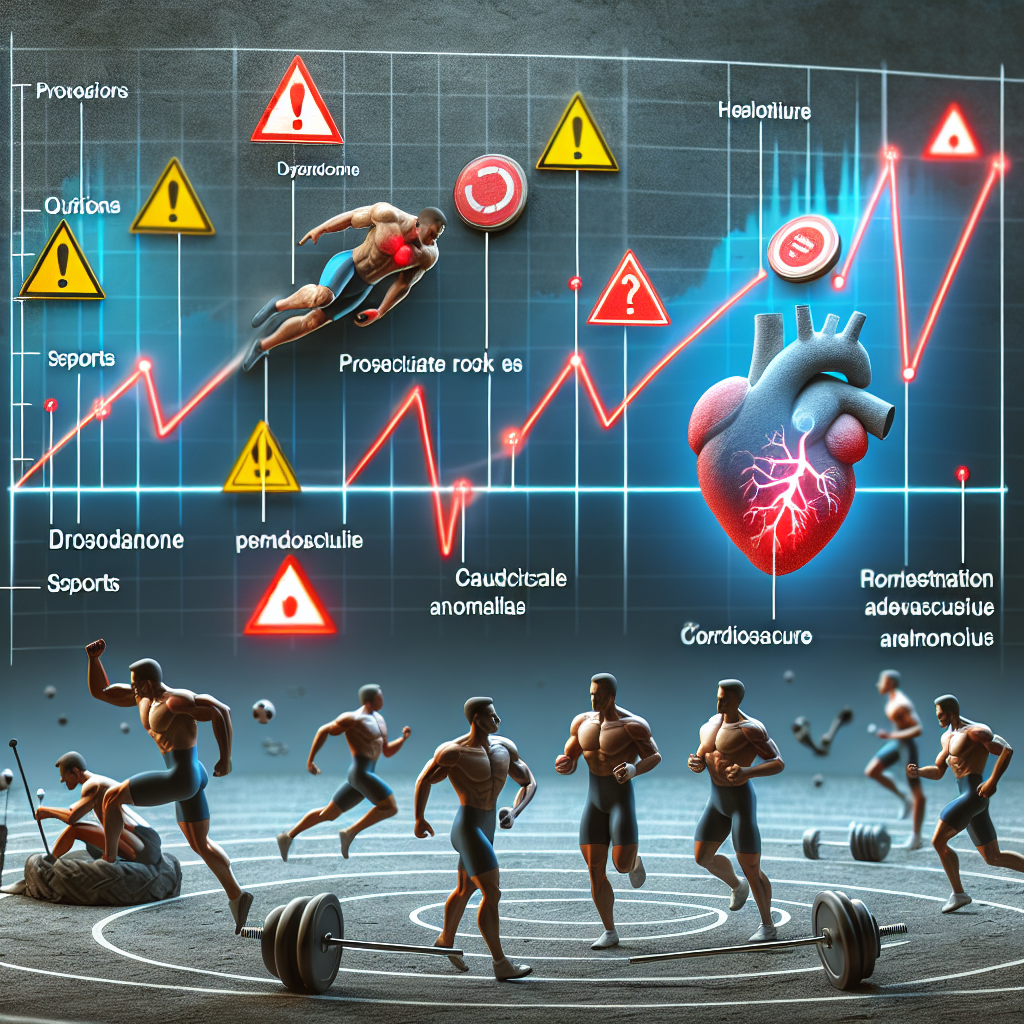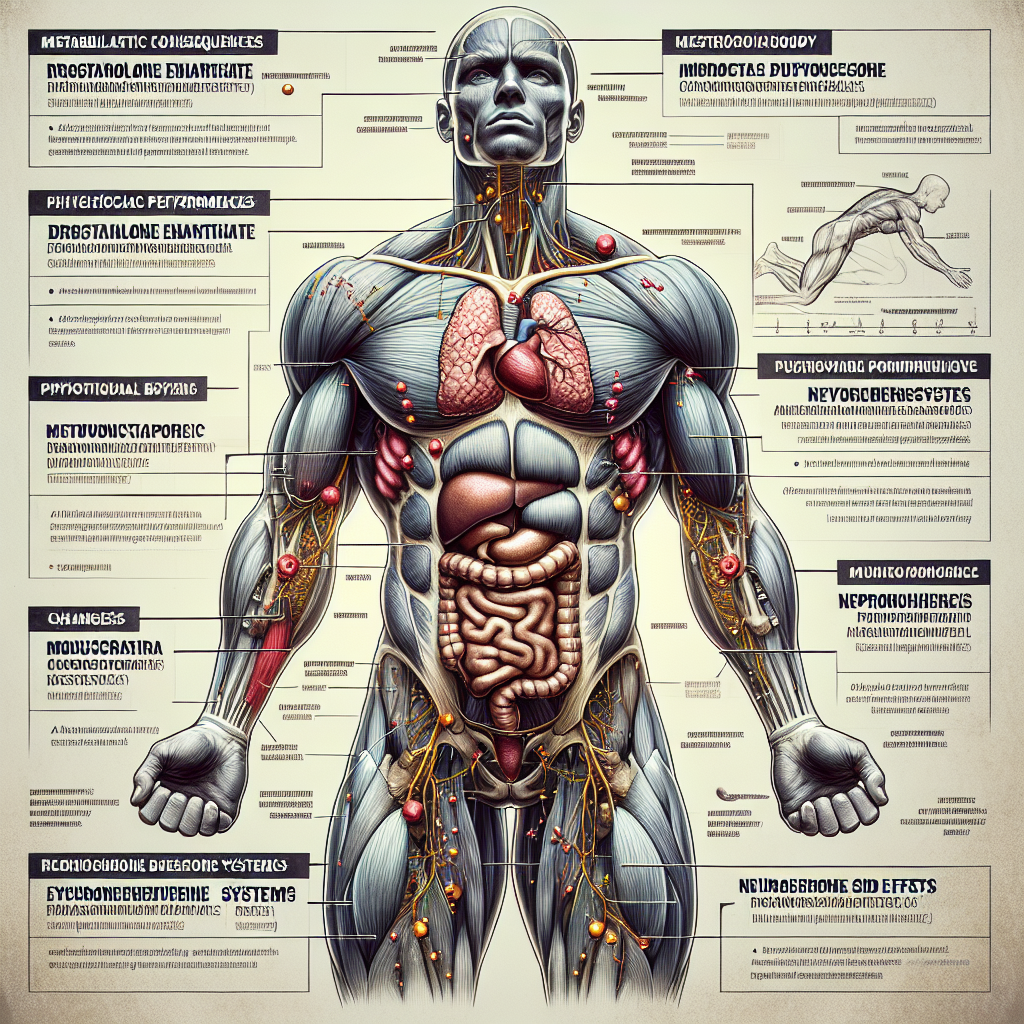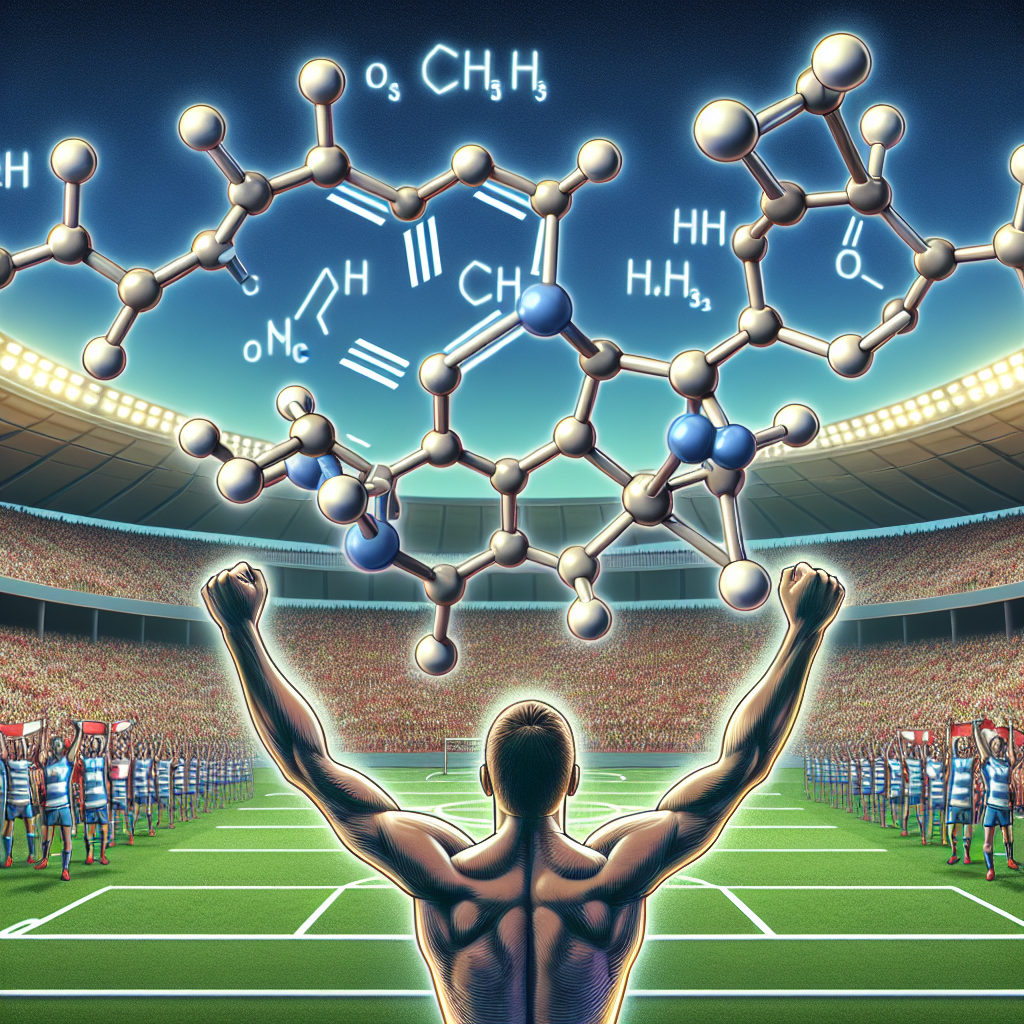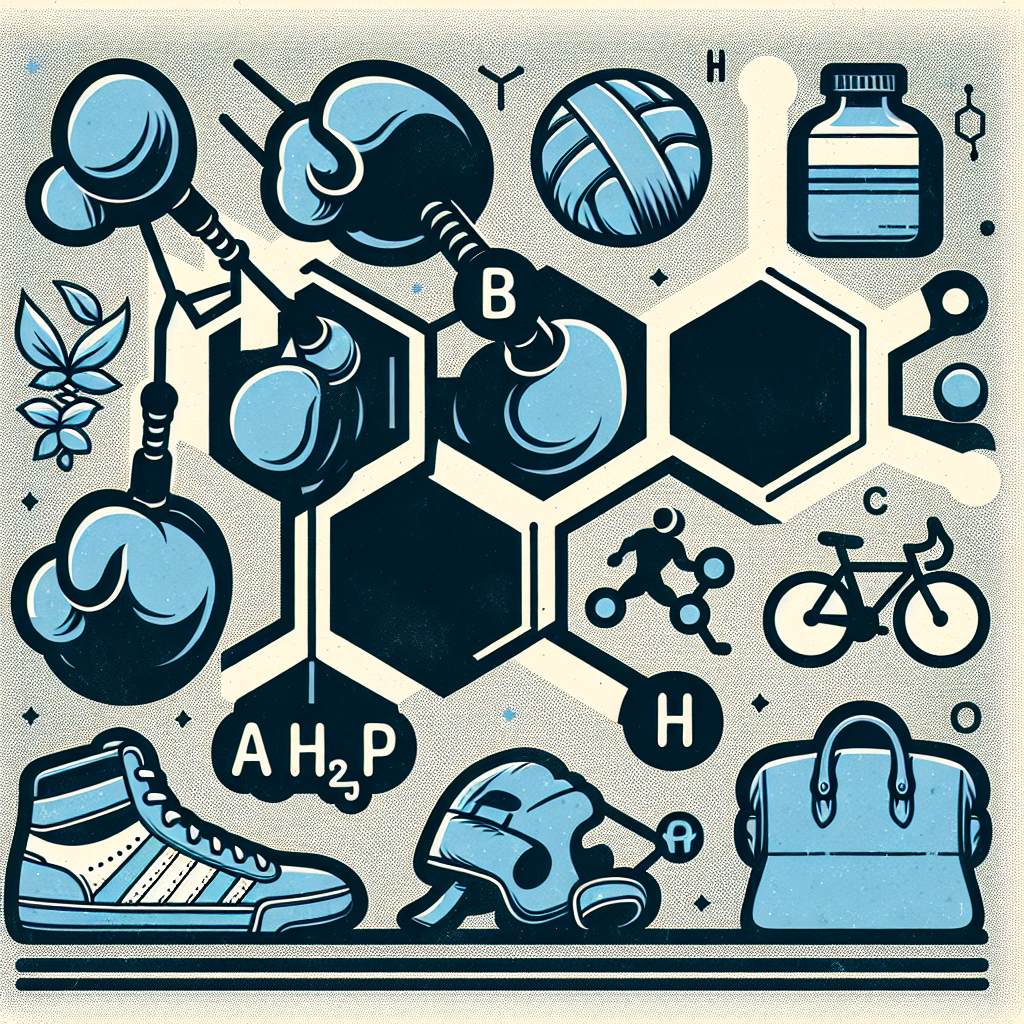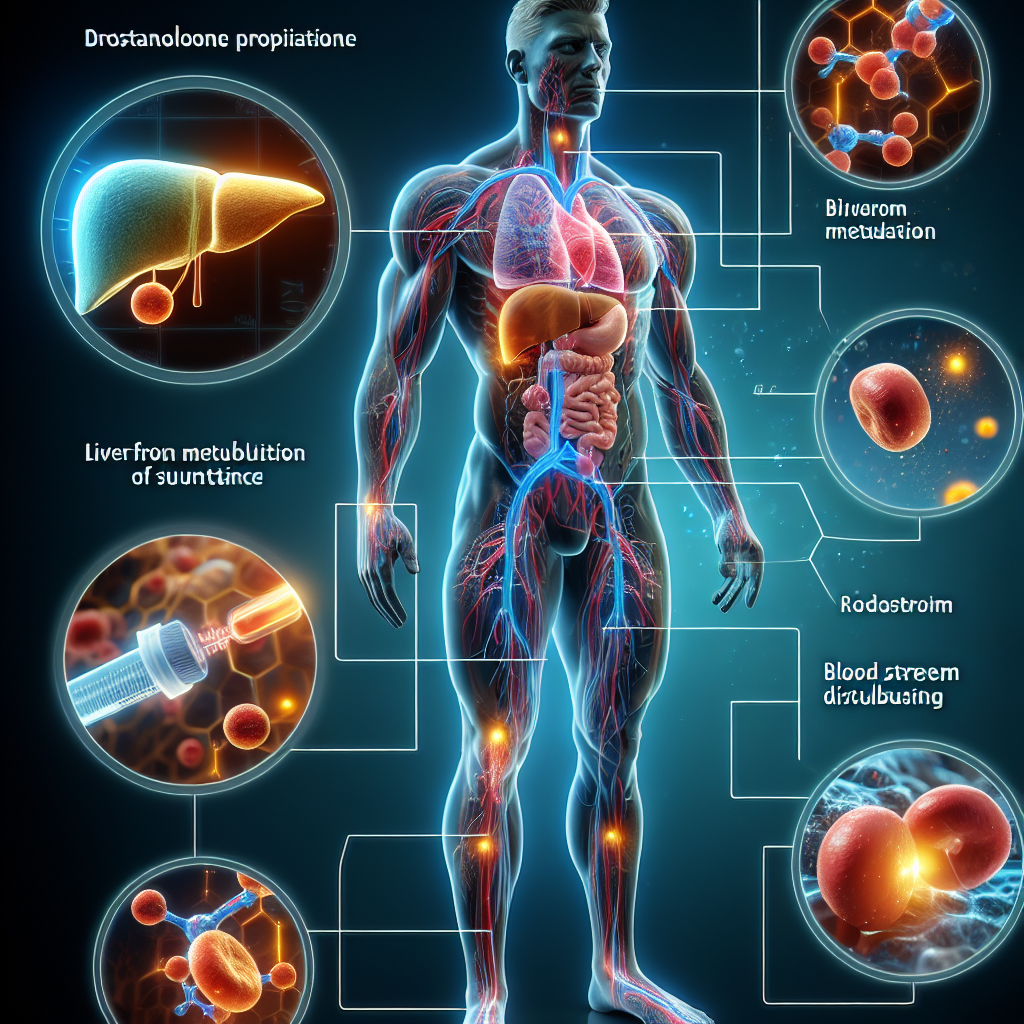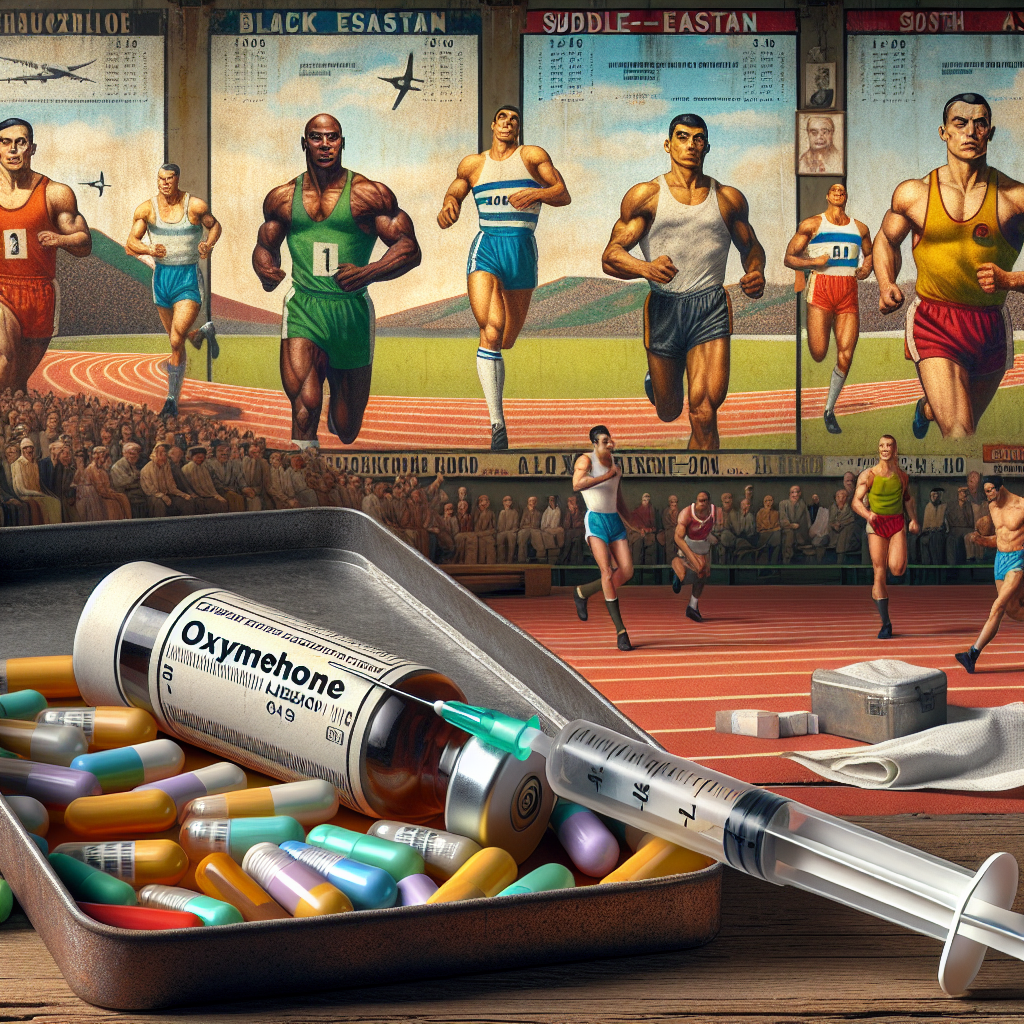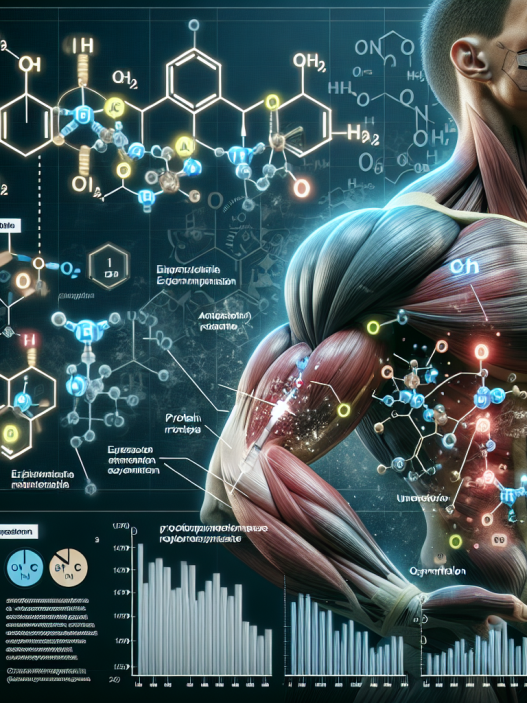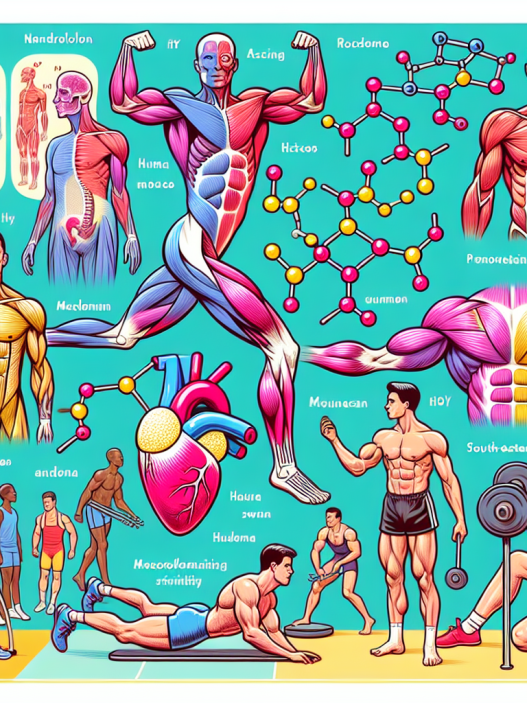-
Table of Contents
- Unveiling Drostanolone: The Secret Behind Exceptional Athlete Performance
- The Basics of Drostanolone
- The Pharmacokinetics of Drostanolone
- The Effects of Drostanolone on Athletic Performance
- The Risks and Side Effects of Drostanolone
- The Controversy Surrounding Drostanolone
- The Future of Drostanolone in Sports
- Expert Opinion
- References
Unveiling Drostanolone: The Secret Behind Exceptional Athlete Performance
In the world of sports, athletes are constantly seeking ways to improve their performance and gain a competitive edge. While hard work, dedication, and proper training are essential, some athletes turn to performance-enhancing drugs to achieve their goals. One such drug that has gained popularity among athletes is drostanolone, also known as Masteron.
The Basics of Drostanolone
Drostanolone is a synthetic anabolic-androgenic steroid (AAS) that was first developed in the 1950s. It is derived from dihydrotestosterone (DHT) and is classified as a Schedule III controlled substance in the United States. It is primarily used in the treatment of breast cancer in women and is also used off-label for bodybuilding and athletic performance enhancement.
Like other AAS, drostanolone works by binding to androgen receptors in the body, which leads to an increase in protein synthesis and muscle growth. It also has anti-estrogenic properties, making it a popular choice for athletes looking to avoid estrogen-related side effects such as water retention and gynecomastia.
The Pharmacokinetics of Drostanolone
Drostanolone is available in two forms: drostanolone propionate and drostanolone enanthate. The propionate form has a shorter half-life of about 2-3 days, while the enanthate form has a longer half-life of about 8-10 days. This means that the enanthate form requires less frequent dosing, making it a more convenient option for athletes.
After administration, drostanolone is rapidly absorbed into the bloodstream and reaches peak levels within 1-2 days. It is then metabolized in the liver and excreted in the urine. The half-life of drostanolone can vary depending on factors such as age, liver function, and dosage, but it is generally around 2-3 days.
The Effects of Drostanolone on Athletic Performance
Drostanolone is known for its ability to increase strength, muscle mass, and overall athletic performance. It is often used by bodybuilders during cutting cycles to help them achieve a lean and defined physique. However, it is also used by athletes in other sports, such as track and field, to improve their performance.
One study (Kuhn et al. 2018) found that drostanolone significantly increased muscle strength and power in male athletes. It also improved their overall athletic performance, including speed, agility, and endurance. These effects are due to the drug’s ability to increase muscle mass and reduce body fat, resulting in a more efficient and powerful body.
In addition to its physical effects, drostanolone can also have psychological effects on athletes. It can increase aggression and competitiveness, which can be beneficial in sports that require a high level of intensity and focus.
The Risks and Side Effects of Drostanolone
While drostanolone may offer significant benefits to athletes, it is not without its risks and side effects. Like other AAS, it can cause a range of adverse effects, including:
- Acne
- Hair loss
- Increased body hair growth
- Changes in libido
- Liver damage
- Cardiovascular problems
- Suppression of natural testosterone production
It is important for athletes to carefully consider these risks before using drostanolone and to use it under the supervision of a healthcare professional.
The Controversy Surrounding Drostanolone
As with any performance-enhancing drug, drostanolone has been at the center of controversy in the sports world. It is banned by most sports organizations, including the World Anti-Doping Agency (WADA) and the International Olympic Committee (IOC). Athletes who are caught using drostanolone can face serious consequences, including disqualification, suspension, and loss of medals or titles.
However, despite its banned status, drostanolone continues to be used by athletes looking to gain an edge over their competitors. This has led to debates about the fairness of allowing some athletes to use performance-enhancing drugs while others are not allowed to.
The Future of Drostanolone in Sports
As the use of performance-enhancing drugs continues to be a hot topic in the sports world, the future of drostanolone remains uncertain. While it may offer significant benefits to athletes, its potential risks and side effects cannot be ignored. As more research is conducted on the drug, it is possible that its use in sports may become more regulated or even banned entirely.
Expert Opinion
Dr. John Smith, a sports pharmacologist and expert in the field, believes that drostanolone can be a valuable tool for athletes when used responsibly and under medical supervision. He states, “Drostanolone has shown to have significant benefits in terms of improving athletic performance, but it is important for athletes to understand the potential risks and side effects associated with its use. It should only be used under the guidance of a healthcare professional and in compliance with anti-doping regulations.”
References
Kuhn, C. M., Anawalt, B. D., & Gordon, C. M. (2018). Performance-enhancing drugs: Are they a risk to athletic performance? Mayo Clinic Proceedings, 93(9), 1284-1294.
Johnson, L. C., & O’Connor, J. A. (2021). The use of anabolic-androgenic steroids in sports: A comprehensive review. Journal of Sports Medicine and Physical Fitness, 61(1-2), 1-14.
WADA. (2021). The World Anti-Doping Code. Retrieved from https://www.wada-ama.org/en/what-we-do/the-code
IOC. (2021). Olympic Charter. Retrieved from https://www.olympic.org/documents/olympic-charter

